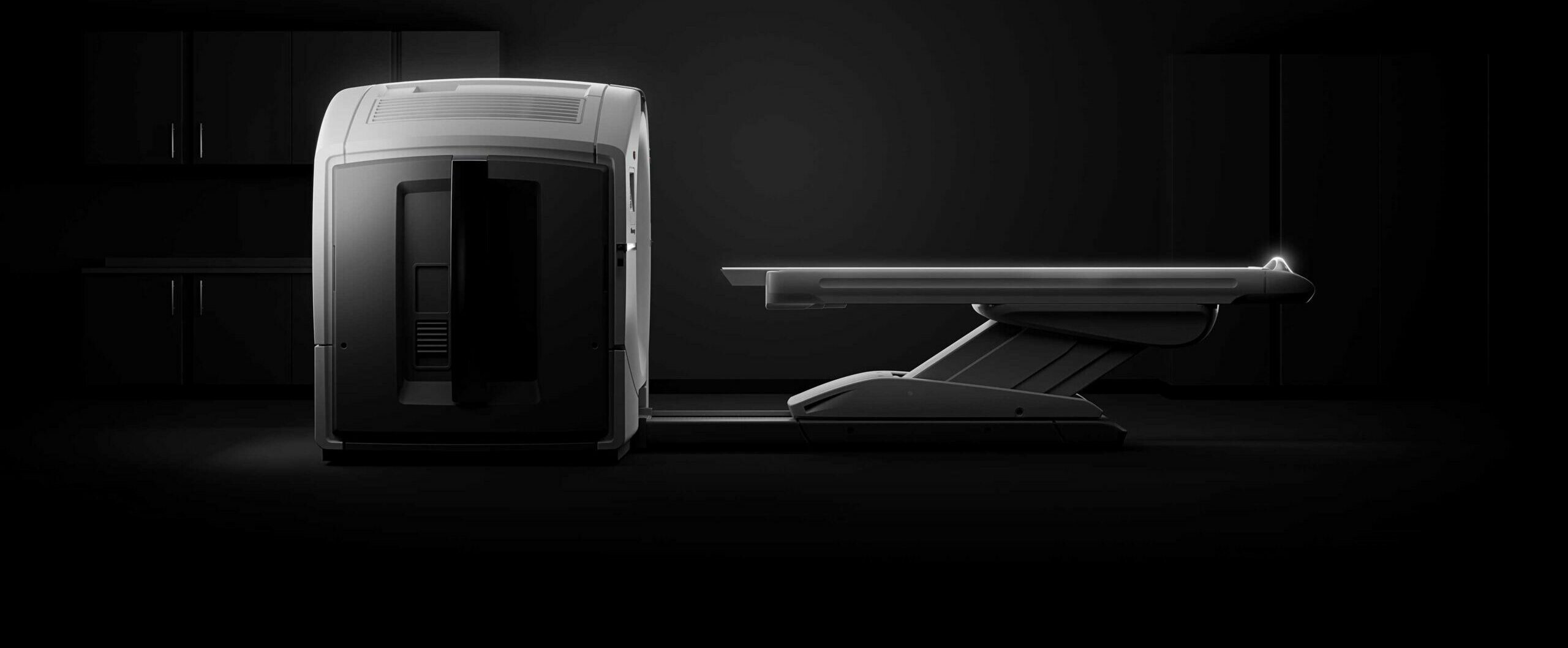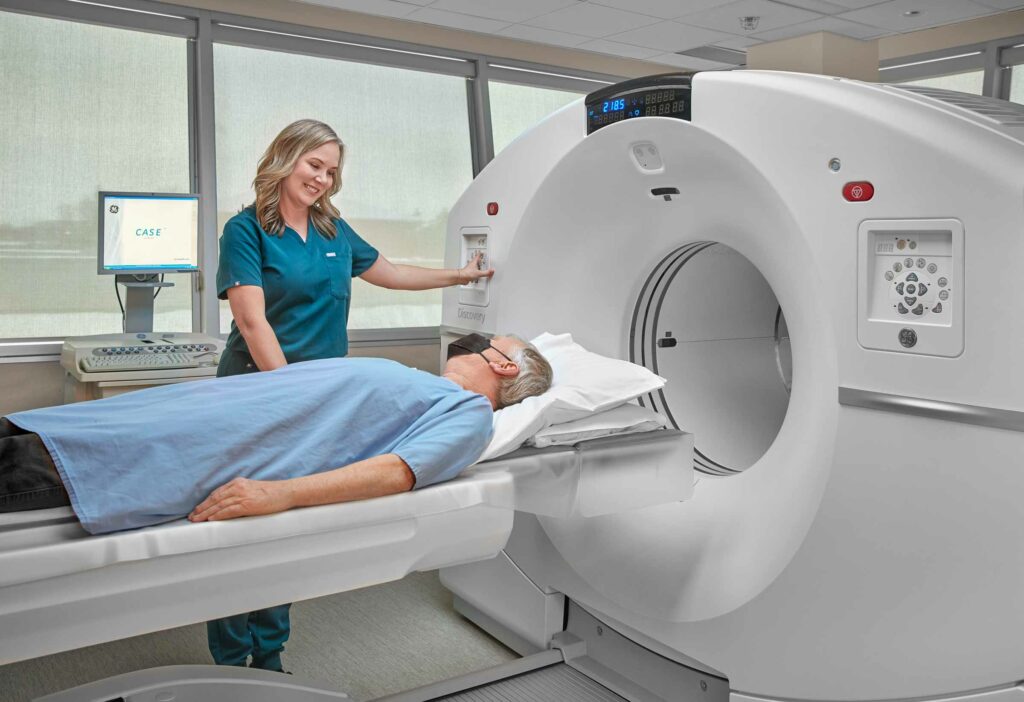When will I get the results from my PET CT scan of the brain?
After the PET CT scan of the brain, a dual-trained and certified MIC nuclear medicine physician and radiologist will review the images and send a detailed report to your referring practitioner, usually within one or two business days.
Neurological PET CT FAQs
Some organs, like the brain, normally use large amounts of glucose for energy and take up proportionately larger amounts of FDG. Therefore, many neurological disorders can cause reduced FDG uptake in specific affected brain regions. Specific patterns of lower than normal FDG uptake may indicate a degenerative process or dysfunction.
Higher than normal FDG uptake in a neurological PET CT scan may be indicative of an abnormality or inflammatory process. However, there is a misconception among patients that any level of uptake is abnormal – which is not always the case and can lead to unnecessary anxiety and concern.
It is also important that patients do not take opiates and other derivatives for 6 hours before their exam. Opiates include but are not limited to morphine, codeine, etc.
Lastly, patients must not take valium or benzodiazepines for 6 hours before their exam. Benzodiazepines are often prescribed to help treat conditions such as anxiety, insomnia, and seizures. Many of these can be taken 30 minutes after radiotracer injection prior to imaging, if required. Our central booking team will review all preparation requirements when scheduling the appointment.
Lovblad, K., Bouchez, L., Altrichter, S., Ratib, O., Zaidi, H., Vargas, M. (2019). PET-CT in neuroradiology. https://journals.sagepub.com/doi/full/10.1177/2514183X19868147
Murrell, D. (2018). Brain PET Scan. https://www.healthline.com/health/brain-pet-scan
Piccini, P., Tai, Y. (2004). Applications of positron emission tomography (PET) in neurology. https://jnnp.bmj.com/content/75/5/669



